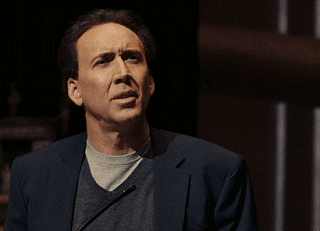Pin
"Magnificent Bastard" / Ren's Counterpart
- MBTI
- ENTJ
- Enneagram
- 3w4, 3-8-7
So let's just dive in.
Aristotle was a virtue ethicist. He wasn't concerned with the specific rules and regulations behind being a good person. That's Kant.
Aristotle basically thought that there are vices and virtues. A person can't be virtuous all of the time so he saw ethical conduct as a sliding scale. Basically, the most practical way is the middle way or the golden mean.
Why try to be virtuous? Why get out of bed in the morning? Because you're built that way baby! Seriously, Aristotle thought that everyone has a purpose. What is that purpose? Eudaimonia.
What is Eudaimonia? Living life well by doing things well. Essentially that's the recipe to human flourishing.
What I want to do here is identify different approaches to the subject of human purpose. I've thought a lot about this and I wouldn't even call myself an Existentialist anymore. I don't think that you create your own purpose. I think it's given by the prime-mover, the prime-cause, what have you. I disagree with Camus and Sartre.
I think that purpose (Eudaimonia) is a byproduct of who you are. Your experiences and genes made you.... You. I guess that makes me a traditional.
Aristotle was a virtue ethicist. He wasn't concerned with the specific rules and regulations behind being a good person. That's Kant.
Aristotle basically thought that there are vices and virtues. A person can't be virtuous all of the time so he saw ethical conduct as a sliding scale. Basically, the most practical way is the middle way or the golden mean.
Why try to be virtuous? Why get out of bed in the morning? Because you're built that way baby! Seriously, Aristotle thought that everyone has a purpose. What is that purpose? Eudaimonia.
What is Eudaimonia? Living life well by doing things well. Essentially that's the recipe to human flourishing.
What I want to do here is identify different approaches to the subject of human purpose. I've thought a lot about this and I wouldn't even call myself an Existentialist anymore. I don't think that you create your own purpose. I think it's given by the prime-mover, the prime-cause, what have you. I disagree with Camus and Sartre.
I think that purpose (Eudaimonia) is a byproduct of who you are. Your experiences and genes made you.... You. I guess that makes me a traditional.


